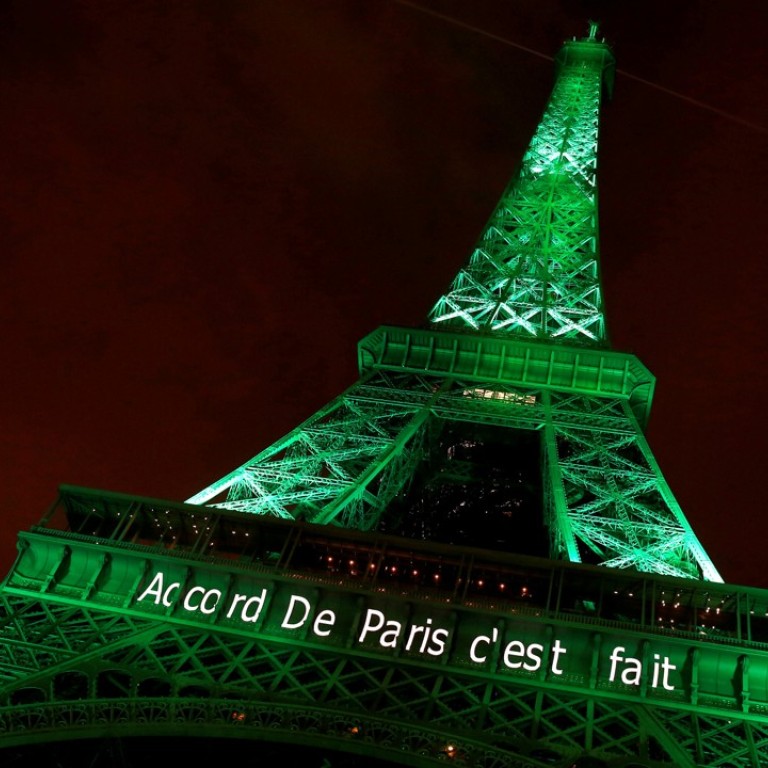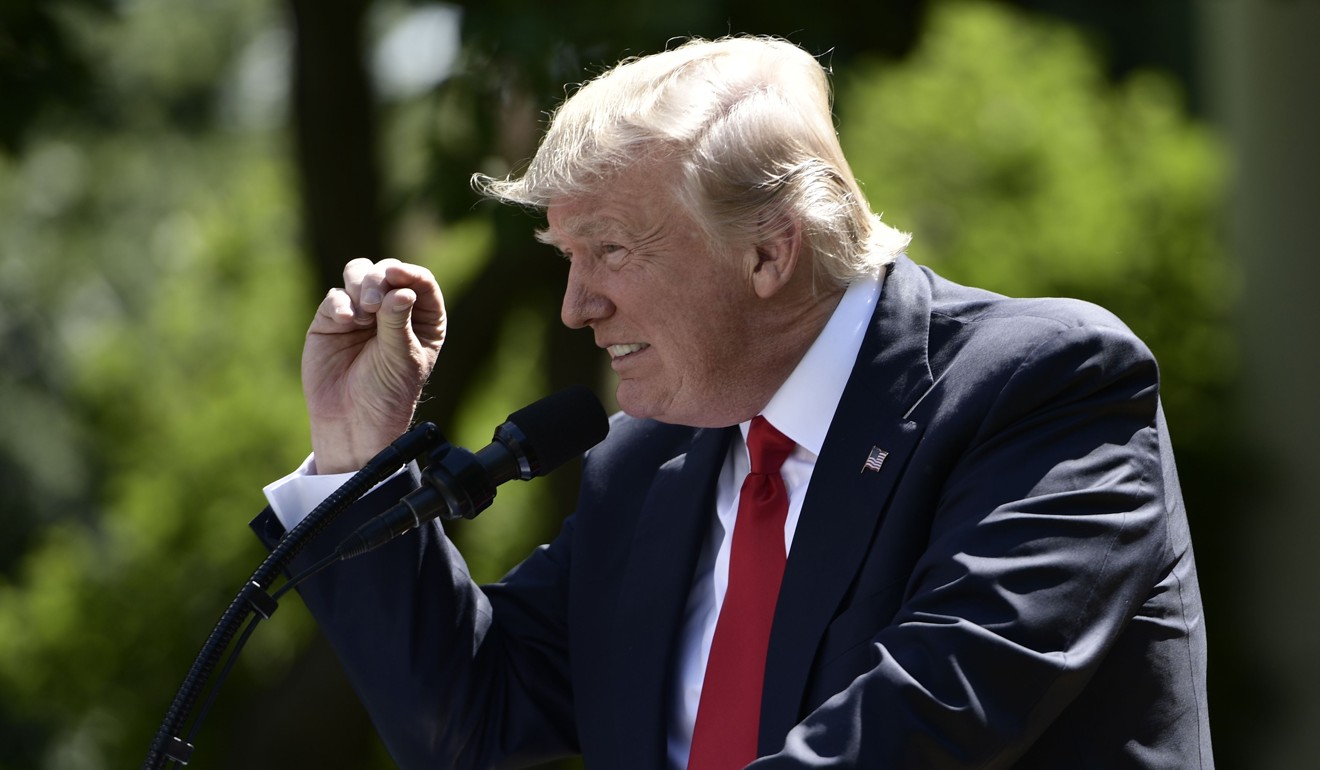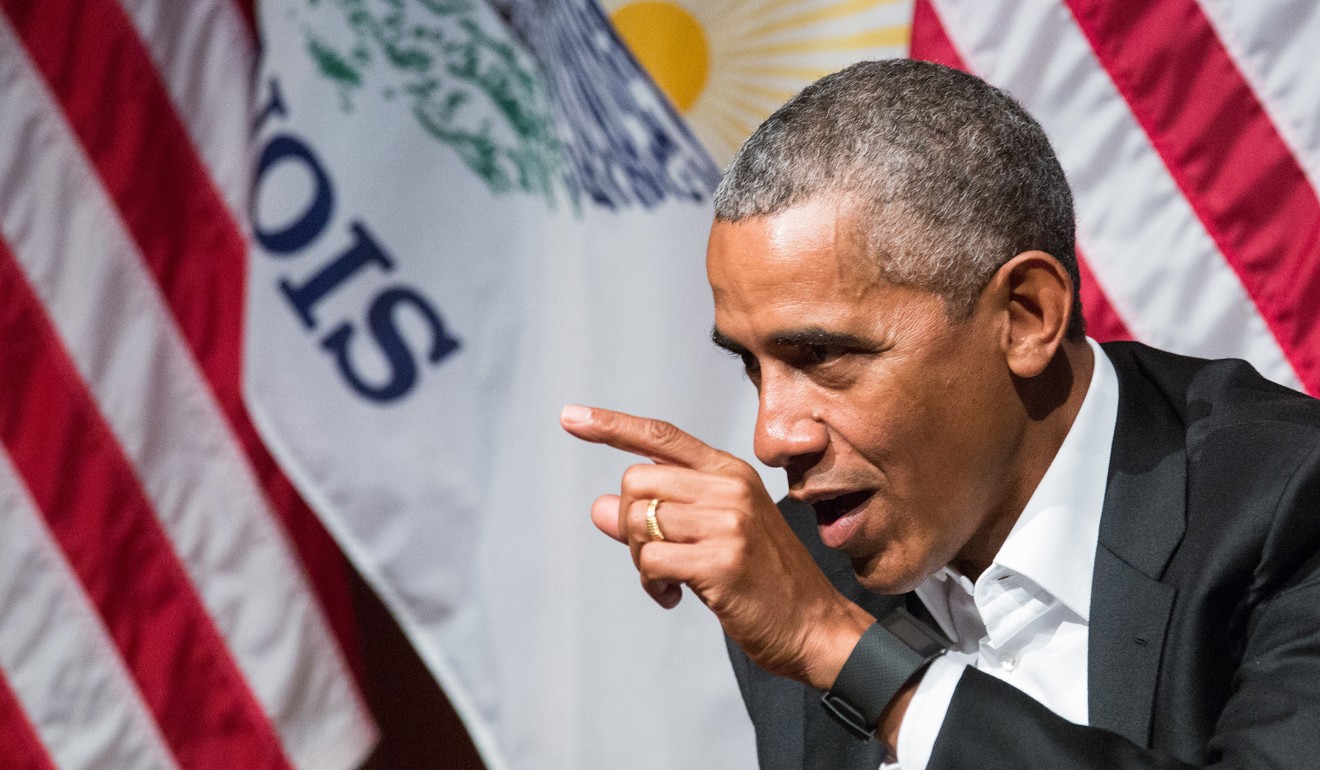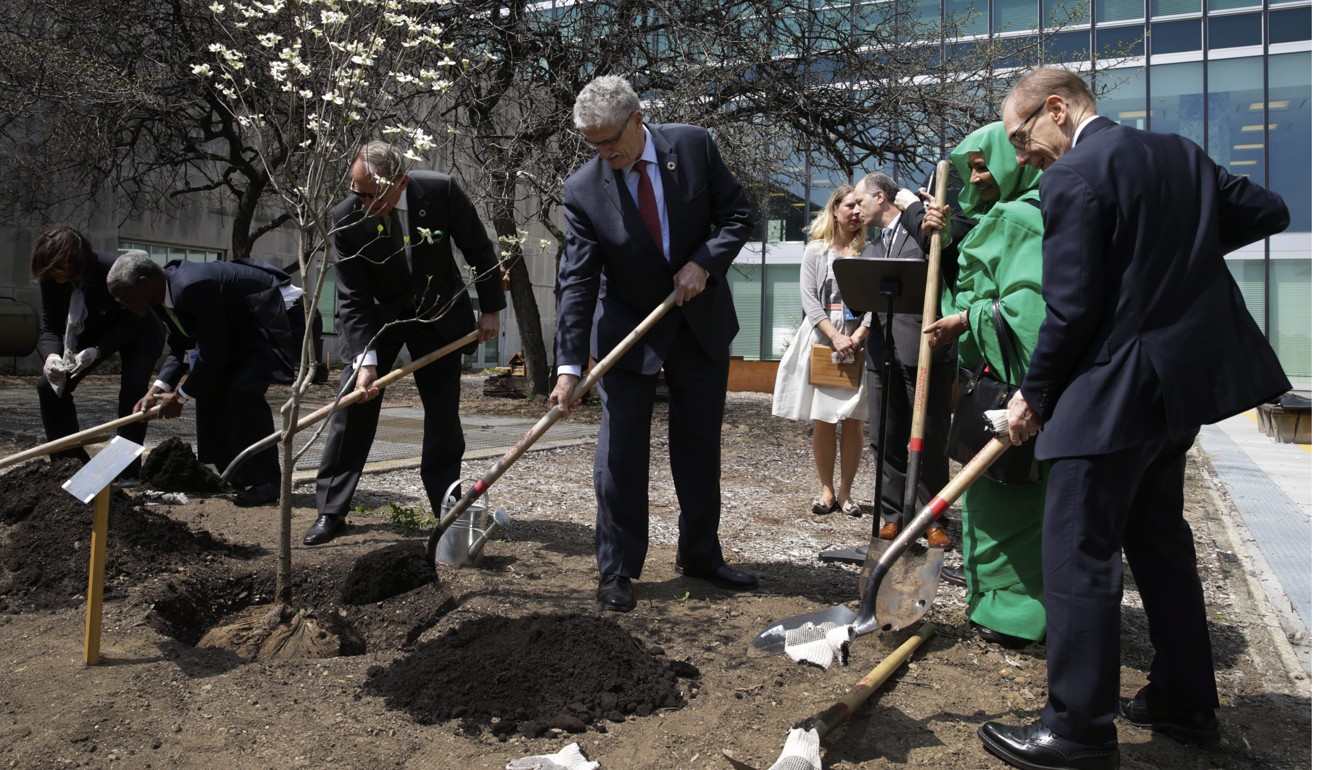
Opinion: Why Trump was smart to dump Paris climate pact
US President Donald Trump’s decision to withdraw the US from the Paris climate agreement has unleashed a predictable firestorm of criticism. But it was the right move.
The Paris agreement, which committed the US to drastically reducing greenhouse gas emissions, was a truly bad deal – bad for American taxpayers, American energy companies, and every American who depends on affordable, reliable energy.
Here are four reasons Trump was right to withdraw:

Paris is costly and ineffective
The Paris Agreement is highly costly and would do close to nothing to address climate change. If carried out, the energy regulations agreed to in Paris by the Obama administration would destroy hundreds of thousands of jobs, harm American manufacturing, and destroy US$2.5 trillion in gross domestic product by the year 2035.
Even if every country met its commitments – a big if, considering China has already underreported its carbon dioxide emissions and there are no repercussions for failing to meet the pledges – the changes in Earth’s temperature would be almost undetectable.

Paris wasted taxpayer money
In negotiations leading up to the Paris conference, participants created the Green Climate Fund, designed to collect US$100 billion per year by 2020. The goal of this fund is to subsidise green energy and pay for other climate adaptation and mitigation programmes in poorer nations. It was also created to get buy-in (literally) from poorer nations for the final Paris Agreement.
The Obama administration ended up shipping US$1 billion in taxpayer dollars to this fund without authorisation from Congress.
Some of the nations that will receive these government-funded climate programmes have in the past been among the most corrupt, meaning corrupt governments will collect the funds, not those who actually need it. No amount of transparency negotiated in the Paris Agreement is going to change this.

Withdrawal is a demonstration of leadership
The media is making a big to-do about the fact that the only countries not participating in Paris besides the US are Syria and Nicaragua. That doesn’t change the fact that it’s still a bad deal. Misery loves company, including North Korea and Iran, who are signatories of the deal.
Some have argued that it is an embarrassment for the US to cede leadership on global warming to countries like China. But to draw a moral equivalency between the US and China on this issue is absurd.
China has serious air quality issues but they are not caused by carbon dioxide. Beijing has repeatedly falsified its coal consumption and air monitoring data, even as it participated in the Paris Agreement.

There is no environmental comparison between the US and China.
Other countries have a multitude of security, economic and diplomatic reasons to work with America to address issues of mutual concern. Withdrawal from Paris will not change that.
Certainly, withdrawing from the Paris Agreement will be met with consternation from foreign leaders, as was the case when the US withdrew from the Kyoto Protocol. However, it could very well help future negotiations if other governments know that the US is willing and able to resist diplomatic pressure in order to protect American interests.

Withdrawal is good for American energy competitiveness
Some proponents of Paris are saying that withdrawing presents a missed opportunity for energy companies. Others are saying that it doesn’t matter what Trump does because the momentum of green energy is too strong. Neither argument is a compelling case for remaining in Paris.
Whether conventional or focused on renewables, the best way for American energy companies to be competitive is to be innovative in the marketplace, not build their business model around international agreements.

There is nothing about leaving Paris that prevents Americans from continuing to invest in new energy technologies. The market for energy is US$6 trillion and projected to grow by a third by 2040.
Roughly 1.3 billion people do not yet have access to electricity, let alone reliable, affordable energy. That’s a big market incentive for the private sector to pursue the next energy technology without the aid of taxpayer money.

Now, fortunately, that door has been shut.
Watch: Anger as Trump announces US withdrawal from global climate deal
About the writers: Nicolas Loris is the Morgan Research Fellow in Energy and Environmental Policy at The Heritage Foundation, where Katie Tubb is a policy analyst for the Roe Institute for Economic Policy Studies.

